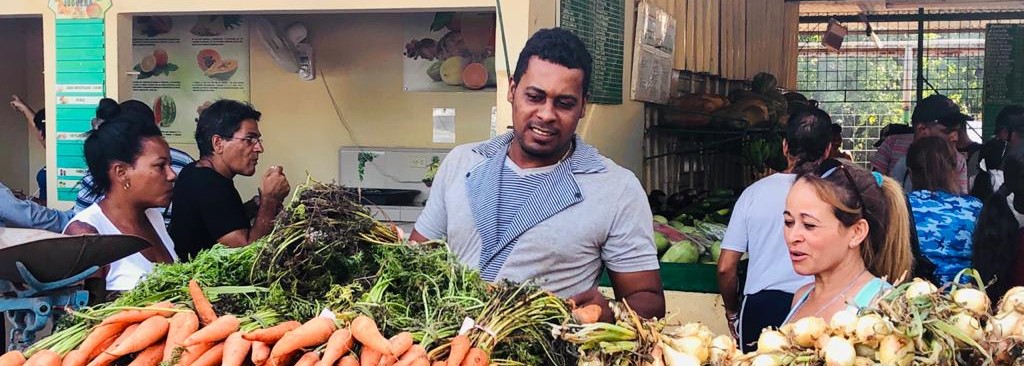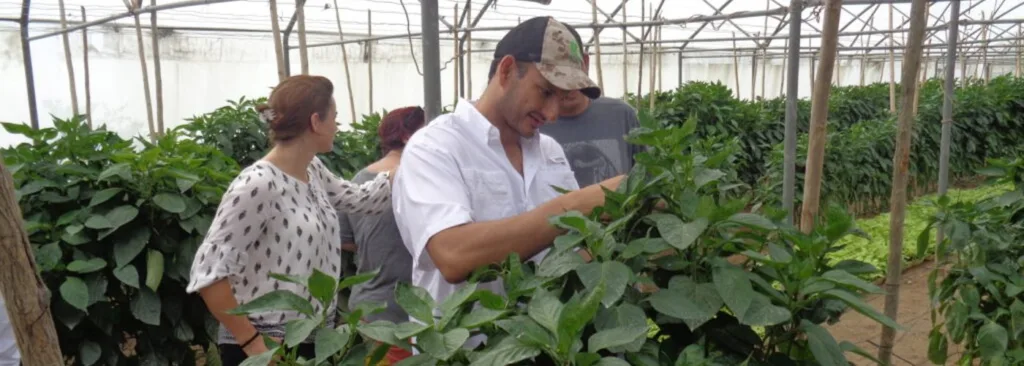This program has ended
PAAS helps develop a resilient and sustainable Cuban agro-food system that contributes to local development and a healthier food culture. It promotes healthy eating habits and improved access to healthy and nutritious food in 22 municipalities of Cuba.
Why has Cuba embraced organic farming?
Cuba currently imports some 80 percent of the food it consumes. After many years of working to develop high-input farming (intensive use of capital, labor, fertilizers, pesticides and gasoline-run machinery), the country now lacks these inputs because of the US-imposed embargo. So organic farming has emerged out of necessity rather than by design. But now, both the Cuban state and farmers have embraced it as an alternative that uses locally available means of production and does not depend on fossil fuels. In addition, the effects of climate change have severely impacted the country in recent years. So a resilient and sustainable Cuban agro-food system is now of the essence.
How PAAS makes Cuban agriculture resilient and sustainable
The program works closely with local producers to encourage crop diversification, as well as agro-ecological and climate-smart production of local foods adapted to Cuba’s soil and climate conditions. PAAS promotes health-conscious healthy eating habits among consumers, and the use of renewable energy solutions by producers. It also influences public policy makers to improve local market conditions and manage key food value chains holistically. The program pays special attention to vulnerable groups in society (e.g. children, pregnant women, the elderly, and the sick) who need better access to healthy food, and specifically fosters the social and economic empowerment of women, especially in rural areas.
Where
Cuba.


